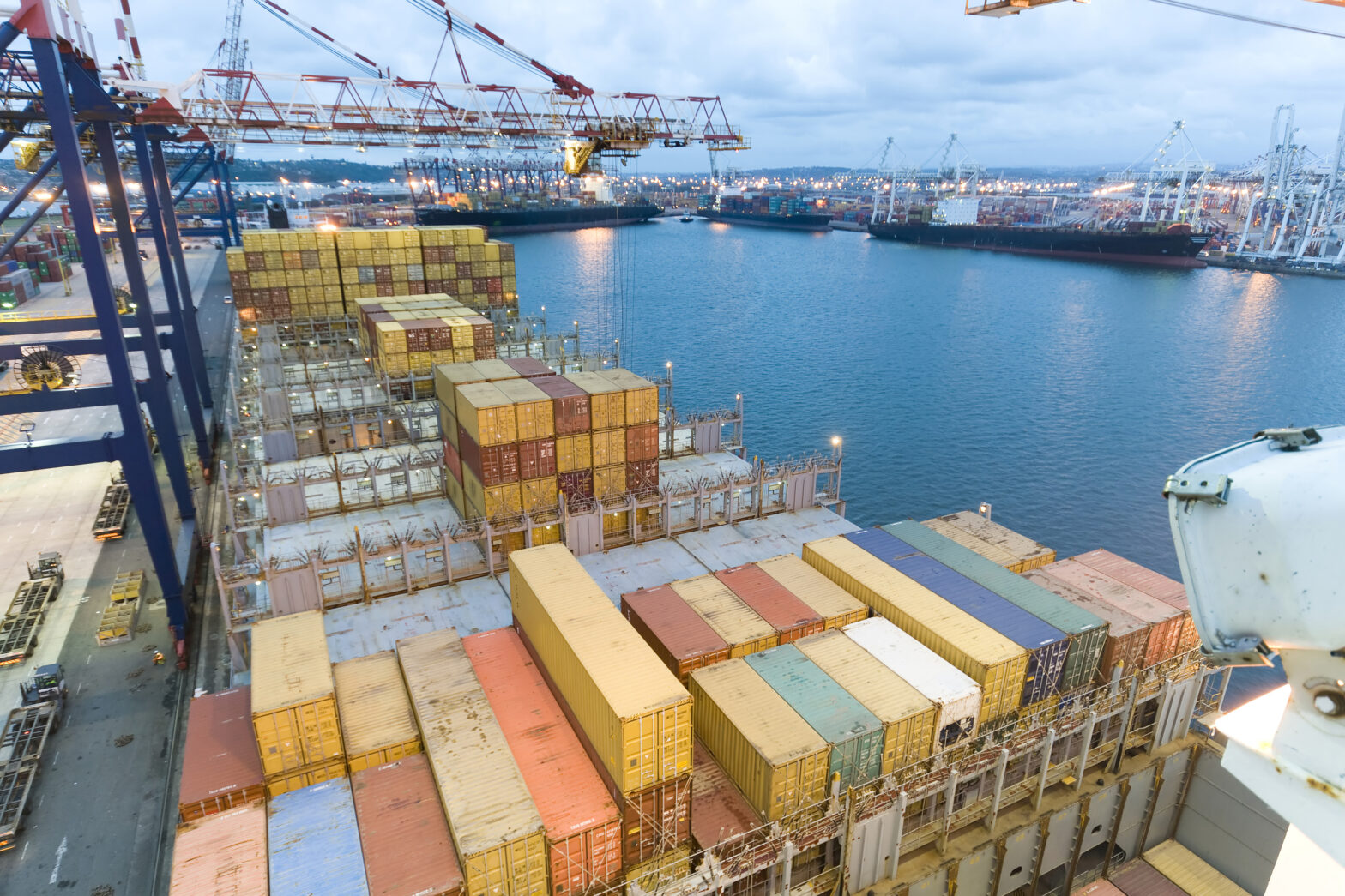The thought of exporting for the first time, or to a new country, can be intimidating for even the most established businesses. But what if your items never made it through customs, or went astray in transit – for many that is the worst case scenario.
So how do you avoid customs holding up your customers’ order, or prevent it disappearing off the face of the planet. Experience sending time-sensitive shipments to Europe, the Middle East, Africa and Russia has taught us one or two things that can help first time exporters allay some of their initial fears.
Do your research
Understanding the customs process and culture of the country you are exporting to is key to success. For example, the first time we exported to Russia was a major shock. All items need to be weighed in advance of shipment to produce pallet-by-pallet packing lists, and all materials had to be coded and shipped by type of material. Invoices then had to be sent with the shipments that allocated a value to the goods on the pallet according to the weight and cost of each item, and they also had to show the country of origin for all products.
Different countries have different regimes, and the types of items they will open, hold, review or destroy varies massively on a country-by-country basis. So proper research is essential. Ultimately, if you are new to exporting ensure that you have a contract in place with your logistics provider to cover these events, don’t try to manage customs on your own unless you know what you are doing.
Master the paperwork
As the Russian example above indicates, there is no substitute to undertaking a considerable amount of paperwork for customs procedures in some countries. Customs compliance is a headache, but systematic and thoroughly organised paperwork can be beneficial to the entire process.
In our experience the responsibility for completing these processes should be placed in one person’s hands, and he or she can then delegate activities. A comprehensive checklist of activities that need to be completed will help you to organise the process and ensure you are customs compliant.
Ensure that you have all of the above in place, and any item that is time sensitive should either be planned well in advance or go via air freight with a tracker.
For many countries outside of the EU it is important you seek a native agent or consultant who can help with process.
They obviously have an inside track on how processes work within their country and can prove invaluable, particularly when you are starting out. The cost of using an agent in the destination country may seem expensive, but should be compared to the cost of sending your team members out at short notice if things go awry.
UKTI now offers a basic free course that can help you get to grips with the basics of customs and VAT when exporting outside of the EU. As outlined above, ensure all research is done thoroughly as regime differ widely.
Think high-tech
There is no better way of tracking shipments than using GPS trackers. If it is a high value shipment then this is a must. Although once a shipment enters the secure area of and airport or port area the shipment is out of your control and in the hands of the shippers. Likewise, tracking personnel can be a key concern, and there are now a variety of smartphone apps on the market that allow you to do just that. The threat of key personnel going missing is perhaps more concerning than products disappearing, as while your goods can be replaced – staff can’t be.
Be realistic
Equipped with detailed research, and with all preparation carried out, it is important that you are realistic about timeframes. While you may be able to be relatively accurate about the transit time, the time that shipments will be held by customs officials can be a real unknown quantity in some countries. If your delivery is time sensitive ensure that you leave enough time for your shipment to navigate the whole process, and make sure the recipient or client is aware of the timescale and challenges.
Accurate estimates can likely only be made with experience, but don’t be afraid to ask in drawing on the experience of other businesses, or seek advice from an independent trade organisation such as the Institute of Export.
Further reading on customs
Navigating customs around the world: Advice for small businesses





